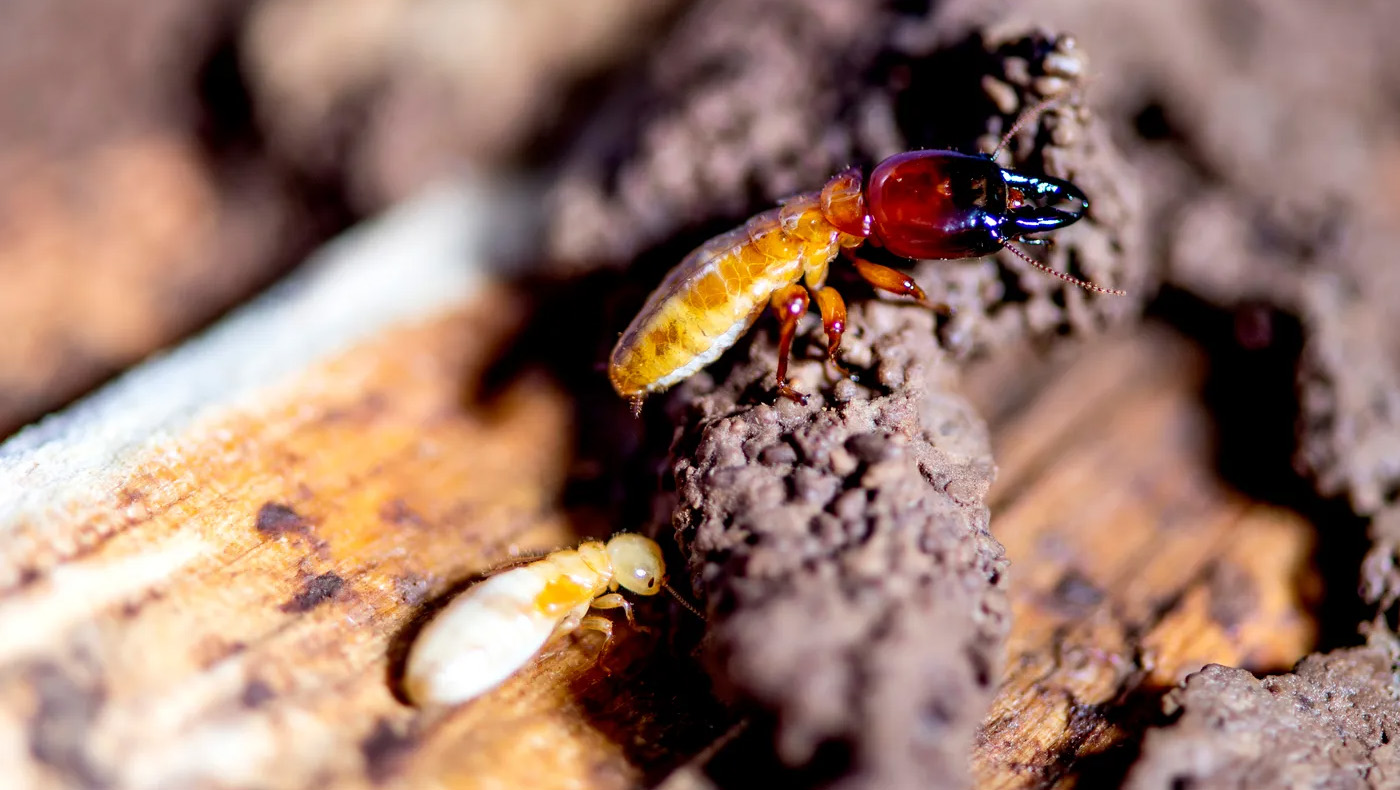In the world of termites studied by Northeastern professor Rebeca Rosengaus, worker termites spend their few short months on Earth cleaning and feeding their enormous long-lived queen mother and tending to her eggs and their young siblings.
Since termite workers and queens both possess a network of genes called the Queen Central Module, it has been a bit of a mystery why some termites assume sterile worker roles while a few go on to become reproductively active queens that mate with termite kings and live for years, Rosengaus says.
The answer appears to lie in where the expression of certain genes of the Queen Central Module (QCM) takes place, according to a paper Rosengaus and collaborators published in the open access journal Nature Scientific Reports.
Read more from Northeastern Global News
Photo by Matthew Modoono

